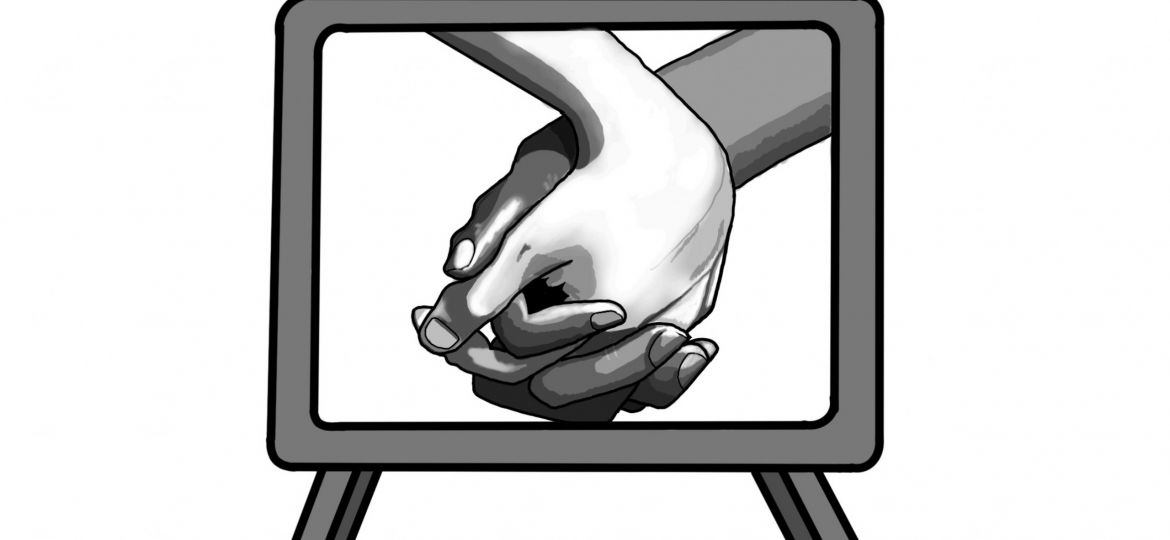
Finley Hogan-Underdahl/The Olaf Messenger
When Joey Graziadei gave Rachel Nance the final rose in week eight of the 28th “Bachelor” season, my friends and I let out a collective gasp. Villain-turned-fan-favorite Maria Georgas, who had strong chemistry and an intense relationship with Joey, would not make it to Fantasy Suites.
I’ve seen a plethora of dating reality shows — “Love is Blind,” “Married at First Sight,” “The Ultimatum,” “Are you the one?” — but I keep coming back to the “Bachelor” franchise.
Sure, only three Bachelors and four Bachelorettes are still together with their final pick — and that includes the two most recent leads — but the show is not constructed in a way to ensure success among every couple.
The contestants have limited interactions with the leads. They don’t talk much about politics, religion, or finances. And oftentimes, they have to move across the country to stay together post-show.
In all honesty, Joey’s season has been the first “Bachelor” season that I’ve been invested in since Peter Weber’s season in 2020. “The Bachelor” and “The Bachelorette” have become precursors, prologues perhaps, to my favorite of the franchise, “Bachelor in Paradise.” Their main shows introduce the “characters” that we will see on the beach. I watch “The Bachelor” for the drama, but I watch “Bachelor in Paradise” for the relationships.
Perhaps “The Bachelor” franchise’s formula is getting old, or more contestants are interested in social media fame, but this past “Paradise” season was the least romantic and least engaging — all couples who left together broke up very quickly after they left.
If we’re looking at the numbers, the shows are receiving some of their lowest views in history. “The Golden Bachelor” proved to be a beacon of hope in the declining viewership. It introduced a new demographic not often highlighted in dating shows: senior citizens. The success of this new spin-off has led to the creation of a sister show: “The Golden Bachelorette.”
“The Golden Bachelor” also shows how the franchise could be more diverse in its casting. The original “Bachelor” season aired 20 years ago, and many viewers have seen the same plotlines over and over again. People want to connect with those on the screen, and a more diverse cast could bring in a wider audience.
Reality shows are frivolous, and we watch them for the drama. At the same time, these shows show that relationships can be formed in many ways, that every couple is different, and that there is no “right way” to find love.
For now, I’m excitedly awaiting the reveal of Joey’s Final Rose, and if they will be one of the few lasting relationships the show has to offer.
Ainsley Francis is from Charlotte, N.C.
Her major is English.

